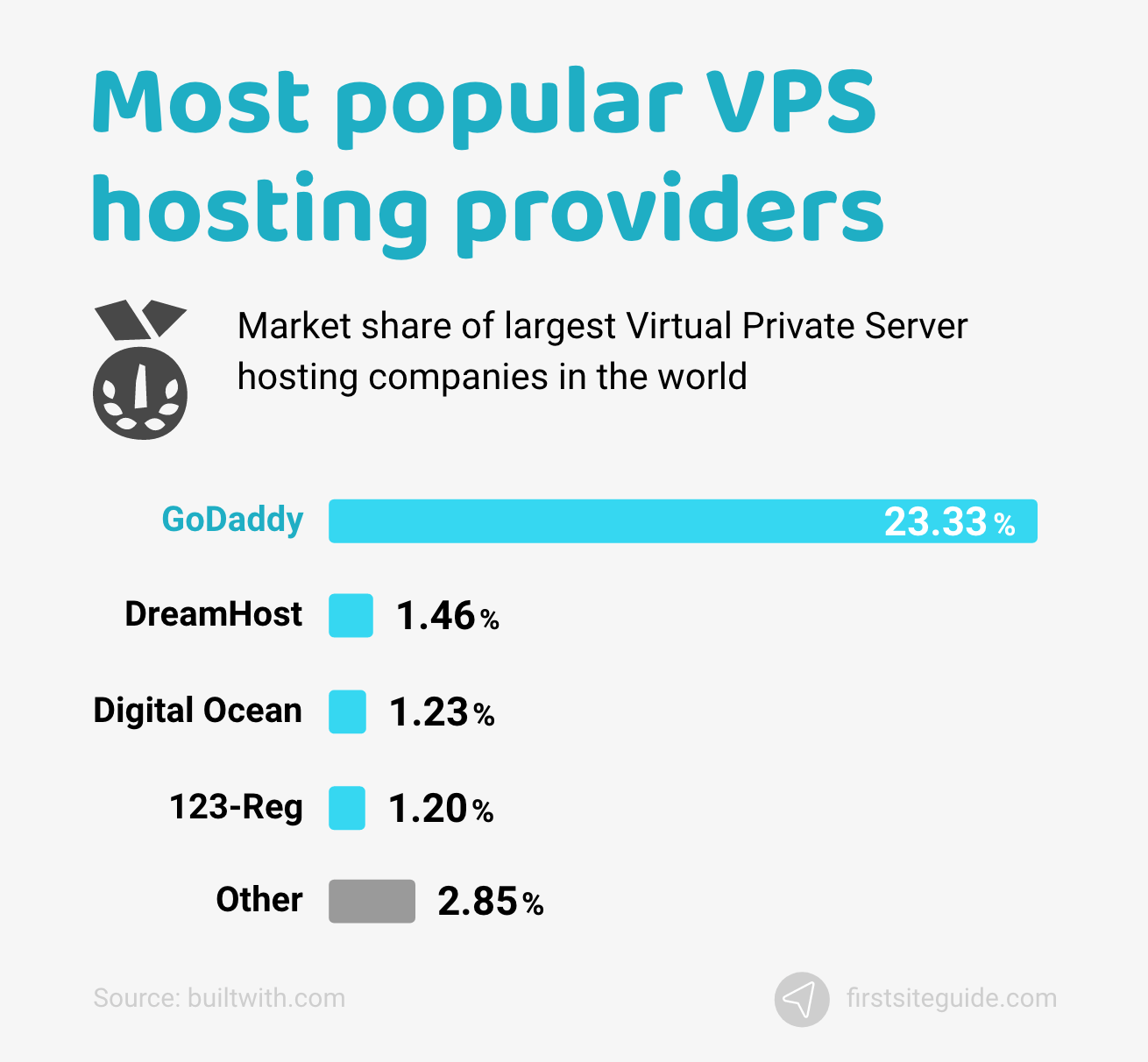Webhosting Basics: What Every Newbie Demands to Know
In the quickly evolving digital landscape, establishing an online visibility begins with understanding the fundamentals of web hosting. Beyond simply picking a hosting type, aspects such as uptime, storage, and transmission capacity play a critical function in the performance and reliability of your website.
Understanding Host Fundamentals

To comprehend webhosting fundamentals, one have to initially understand that a web server is basically a powerful computer designed to save site data and take care of net web traffic. Organizing providers keep these servers, using various resources such as uptime, storage space, and bandwidth warranties. Depending upon the supplier, holding services commonly include additional features like domain name enrollment, email accounts, and protection actions.
Various sorts of webhosting cater to differing demands, consisting of shared organizing, where multiple internet sites share server sources, and devoted organizing, which supplies an entire server for a solitary web site. Digital Exclusive Web Servers (VPS) provide a happy medium, supplying specialized resources within a shared environment. Each option offers unique advantages and limitations, affecting website scalability, protection, and performance. Comprehending these principles is the primary step towards creating an effective on the internet presence.
Picking the Right Hosting Plan
A well-suited organizing plan makes certain smooth site efficiency, safety, and scalability, directly influencing individual experience and business development. To start, it is necessary to understand the various types of organizing plans offered: shared, digital private web server (VPS), devoted, and cloud organizing.
VPS holding provides a middle ground, granting even more control and sources for reasonably trafficked internet sites. Committed organizing supplies maximum control, security, and performance, suitable for high-traffic sites that require considerable resources.
Examine the technical competence offered to take care of the picked holding setting. By aligning your organizing strategy with your web site's specific requirements and growth possibility, you lay a strong structure for future success.
Key Functions to Consider
After choosing the proper organizing plan, it is crucial to concentrate on the key features that will sustain your internet site's capability and growth. Ensure that the hosting provider uses scalable alternatives to suit raising traffic as your site grows.
Another essential feature is uptime reliability. A hosting service provider ought to ensure at the very least 99.9% uptime, decreasing the danger of your internet site coming to be unattainable to individuals. Web server location also plays a significant role; picking a service provider with data centers close to your primary audience can reduce latency and boost filling times.
This attribute streamlines web site management tasks, such as domain name management and email arrangement. Choose for an organizing company that supplies 24/7 customer support via various channels, including live chat and phone, making sure instant aid when technical concerns emerge.
Making Certain Website Safety
Protecting your web site is critical to preserving trust fund with your customers and securing sensitive information. As cyber threats become much more advanced, applying robust protection steps is crucial for any web presence.
Next, ensure your webhosting company provides features like firewalls, malware scanning, and intrusion discovery systems (cheap click this webhosting companies). These tools work as a frontline defense against potential strikes. On a regular basis upgrading your web site's software program, including content administration systems and plugins, is critical to patch susceptabilities that hackers may make use of
Additionally, adopting solid password policies and making use of two-factor authentication can substantially reduce the danger of unauthorized access. Regular backups are one more critical part, ensuring your data is recoverable in the occasion of a violation.
Enlightening on your own and your team on best methods in web security is equally crucial. Recognition of phishing strategies and typical cyber threats can avoid several possible protection breaches. By prioritizing safety, you safeguard your users' data and make sure a reliable and secure online atmosphere.
Enhancing for Efficiency
Attaining optimum internet site efficiency is crucial for customer complete satisfaction and search engine position. Enhancing for efficiency should be a key focus for any internet hosting method.
To start with, choose a dependable webhosting that offers high uptime and quick web server reaction times. Think about content delivery networks (CDNs) to distribute your site's content globally, ensuring quicker tons times for global users. Routinely update your website's software program and plugins to ensure compatibility and protection, which can indirectly influence efficiency.
Additionally, compress and maximize photos, as they commonly comprise a significant portion of a site's load time. Make use of tools like Gzip to visit site press files and minimize data transfer size. Implement caching to save regularly accessed data, reducing server tons and increasing page delivery. Lessen HTTP demands by integrating stylesheets and manuscripts, and utilize asynchronous packing for non-critical sources.
Verdict
Mastering webhosting essentials is critical official site for novices intending to establish an effective on-line presence. A detailed understanding of different hosting types, such as shared, VPS, and dedicated holding, helps in choosing a suitable plan straightened with certain demands and budget plans. Stressing crucial functions like storage space, bandwidth, and uptime integrity, combined with durable security procedures and efficiency optimization techniques, ensures a efficient and secure site. Inevitably, informed choices in these locations lay the foundation for a reputable and receptive internet experience.
Different types of internet holding cater to varying demands, consisting of shared holding, where multiple websites share web server sources, and devoted hosting, which gives a whole web server for a single website. A fit holding plan makes certain smooth website efficiency, safety, and scalability, directly influencing individual experience and business development. To start, it is vital to understand the different types of organizing plans readily available: shared, virtual private web server (VPS), dedicated, and cloud holding. Dedicated holding provides optimum safety, efficiency, and control, ideal for high-traffic web sites that require substantial sources. An extensive understanding of various organizing types, such as shared, VPS, and dedicated holding, helps in picking a suitable plan straightened with specific needs and spending plans.